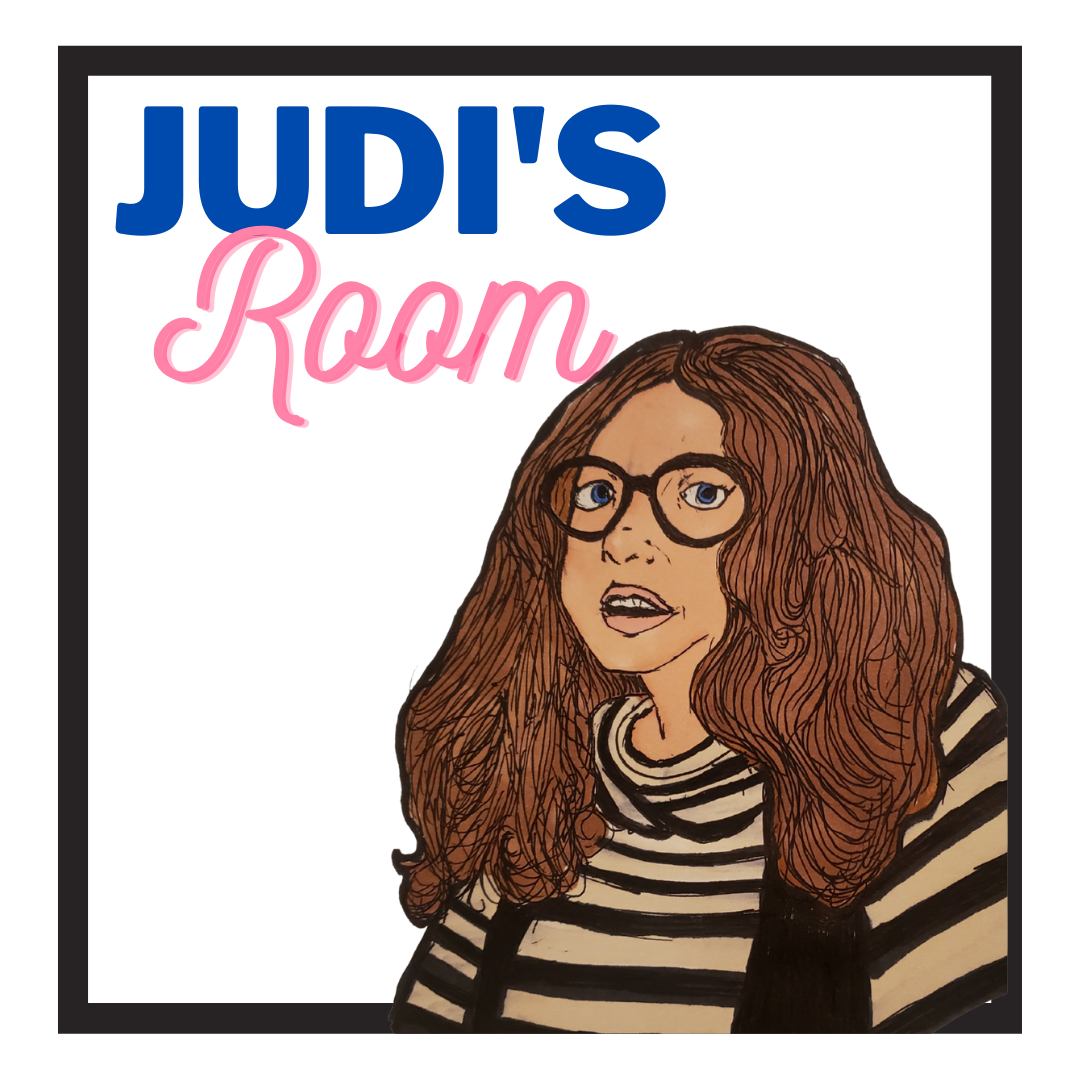Drawing of Judi Chamberlin by Vesper Moore
Judi’s Room
Topic: Guardian/Conservator and Supported Decision Making
April 6, 2022
6-8 EST, 5-7 CT, 4-6 MT, 3-5 PT
To Register Click HERE
To download/print/share the flyer click HERE
Guardian/Conservator and Supported Decision Making
The late Ed Podvoll, Buddhist psychiatrist and founder of Windhorse Community Services, wrote about islands of clarity in his book the Seduction of Madness. He stated, “Moments of insight, common sense, or compassion continually interrupt mental turbulence.
Supported Decision Making is currently legislated in in 14 states. In a supported decision-making model, individuals with disabilities, whose decision-making autonomy has been restricted or completely removed, are capable with the support and help of trusted family members and friends to make and communicate their own decisions.
Explored by our three presenters are the needs for a more equitable system of assistance where it is recognized that people have a diverse range of abilities, a continuum in which they can adquately exercise their decision-making rights. Too often, and too easily a “For your own good model” can unnecessarily substitute for the preferences of individuals.
Each of the presenters will speak of their advocacy experience and suggest how we can strategize and push for changes to the unjust system that currently exists.
Presenters:
Jonathan Martinis
Nina Spiegelman
Zoe Brennan-Krohn
Jonathan Martinis is the Senior Director for Law and Policy for the Burton Blatt Institute at Syracuse University, leading it’s efforts to ensure that older adults and people with disabilities have access to the services and supports they need to lead independent, inclusive lives. In 2013, Jonathan represented Margaret “Jenny” Hatch in the “Justice for Jenny” case – the first trial to hold that a person has the right to use Supported Decision-Making to make her own life choices instead of being subjected to a permanent, plenary guardianship. Since then, Jonathan has led SDM projects in New York, Nebraska, Ohio, California, Virginia, Vermont, Missouri, and Kansas. He has also educated and trained tens of thousands of older adults, people with disabilities, families, and professionals across the country on SDM theory and practice. Jonathan has written or co-written over 60 publications on SDM, including the first textbook and first theory-to-practice guidebook on the subject.
Zoe Brennan-Krohn (she/her) is a staff attorney at the ACLU Disability Rights Program, where she works on issues at the intersection of disability rights and civil liberties. Her work includes advocating for alternatives to guardianship and supported decision-making, and working to reduce the over-reliance on guardianship across the country. At the ACLU, Zoe has authored an amicus brief on behalf of disability and civil rights groups in the Britney Spears’ conservatorship case, arguing for Spears’ right to a lawyer of her choice and for access to supported decision-making. In September 2021, Zoe testified before a Senate Judiciary Subcommittee hearing on the problems of guardianship and conservatorship and the importance of supported decision-making. The ACLU Disability Rights Program has also developed resources and materials to help people avoid guardianship. In addition to her work on alternatives to guardianship, Zoe works on behalf of people with disabilities in the criminal legal system, including representing deaf and hard of hearing people in prison in Georgia. Zoe lives in San Francisco.
Nina has an adult son with autism and is an active participant in advocacy efforts on behalf of Bay Area autism and developmental disability communities with a focus on improving crisis prevention and intervention services.
Judi’s Room
Judi’s Room is a free, virtual public space to explore cross-disabilities issues, presented by MindFreedom International and ‘I Love You, Lead On’ Judi’s Room is named after the late Judi Chamberlin, a well-known human rights activist and takes place on the first Wednesday of every month. Pre-registration is required.
To be added to the invitation list for Judi’s Room, please email office@mindfreedom.org and put ‘Add Me to Judi’s Room’ in the subject heading.


